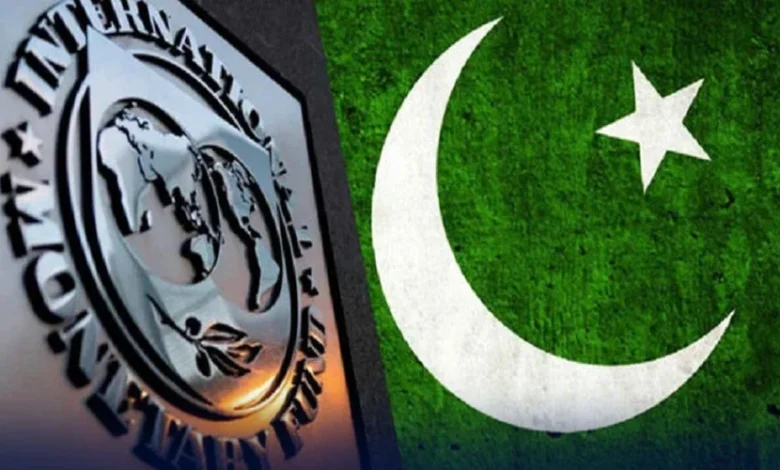Solar panels and agricultural inputs may forfeit tax exemptions under the IMF proposal.

The International Monetary Fund (IMF) has advocated for rigorous steps to improve tax law enforcement in Pakistan, with multiple ideas expected to be included in the forthcoming government budget for 2025-26.
One of the primary recommendations is to broaden the list of luxury goods that are subject to elevated sales tax rates. The IMF has suggested raising the sales tax on luxury goods above the existing 25 percent to expand the tax base and enhance government revenue.
The World Bank has concurrently advised authorities to utilize technology more effectively to enhance the capabilities of tax officials, thereby assuring increased transparency and mitigating tax evasion.
Reports suggest that a substantial increase in penalties for tax evasion at point of sale (POS) systems is being contemplated. The suggested escalation of the fine—from Rs 500,000 to Rs 5 million—is accompanied by recommendations to commence criminal proceedings against offenders, indicating a more stringent approach to tax-related transgressions.
The ideas additionally encompass an increase in the federal excise tax on agricultural gear and inputs. The administration is considering relaxing import limits to improve access to vital agricultural equipment.
Solar panels
A significant and contentious proposal entails the elimination of all tax exemptions, including those already afforded to solar panels, mirroring the IMF’s advocacy for a more standardized tax system.
Additionally, an 18 percent Goods and Services Tax (GST) on fertilizers, insecticides, and other agricultural implements is planned, potentially impacting the agriculture industry significantly.
The Finance Ministry is currently evaluating these recommendations while preparing the budget for the fiscal year 2025-26, with conclusive conclusions anticipated in the forthcoming weeks.